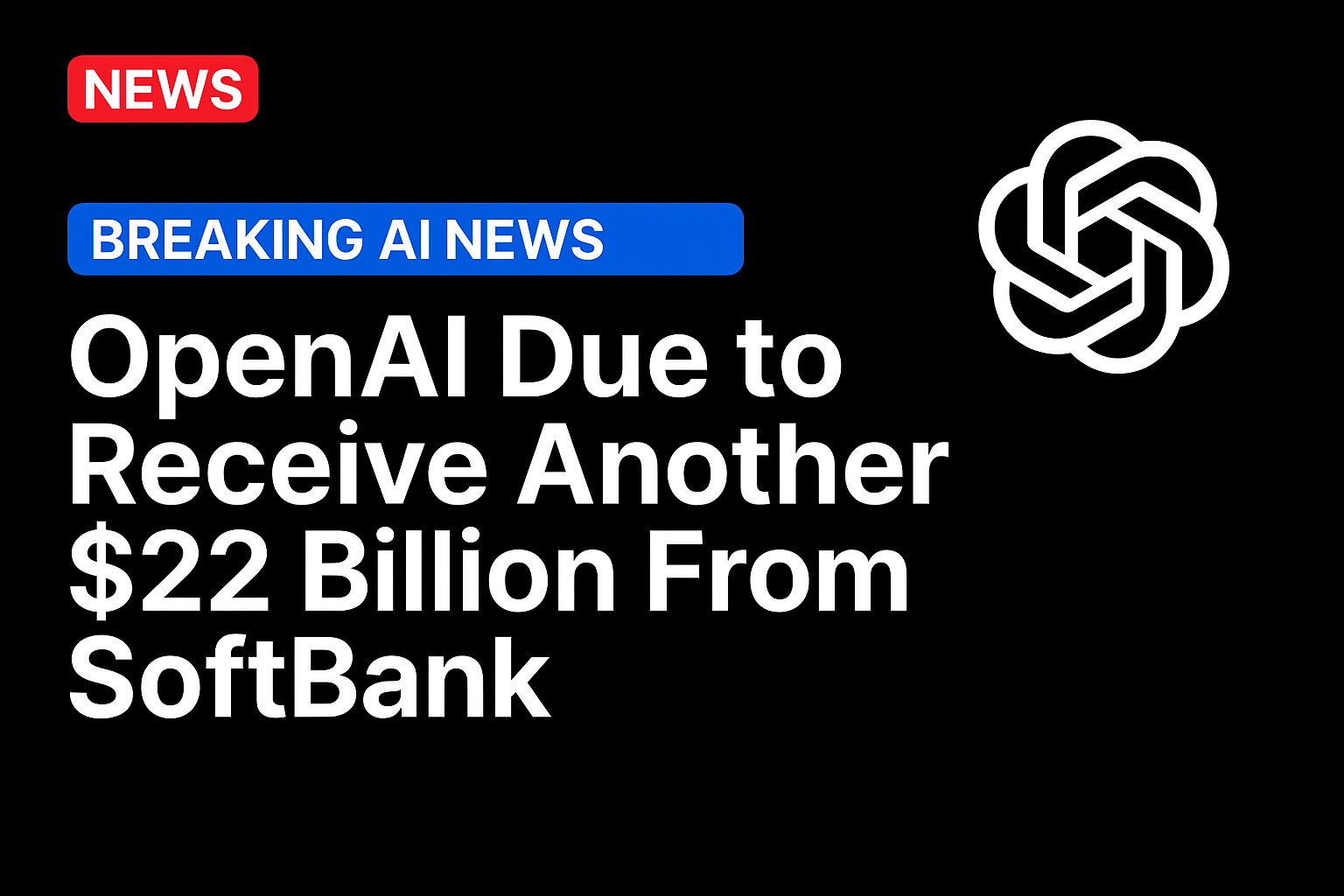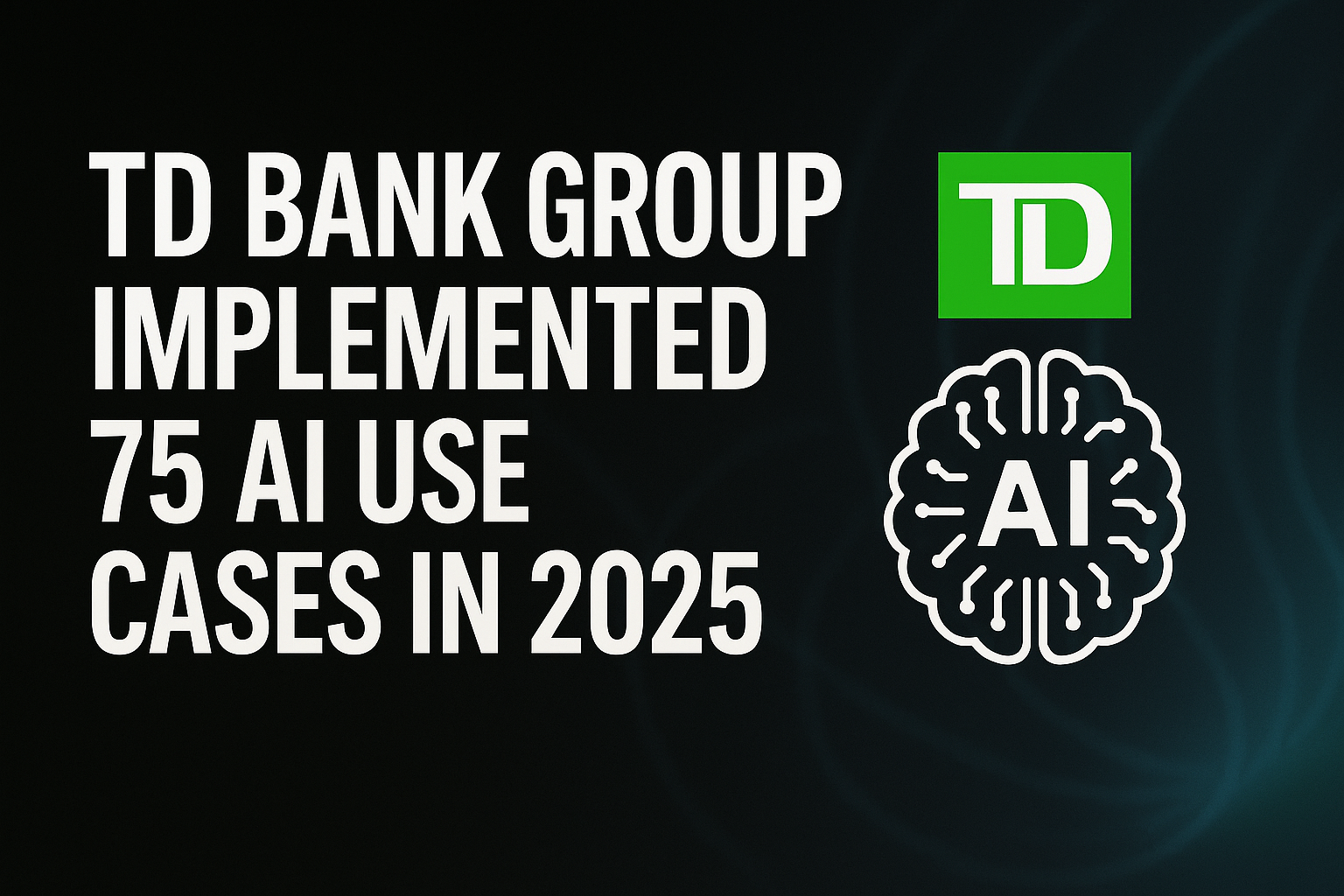
The Japanese conglomerate’s board has greenlit a second installment of $22.5 billion restructuring that would set the stage for an eventual public offering, The Information reported Saturday (Oct. 25), citing a source with knowledge of the decision.
The report noted that this approval indicates SoftBank’s expectation that OpenAI will prevail in that effort, through which it will turn into a public benefit corporation. SoftBank had said in April that it could reduce its planned investment in OpenAI if the company didn’t carry out its restructuring by the end of this year or early 2026.
According to the report, the new funding is key to OpenAI’s effort to pay for the rising costs of training and running its artificial intelligence (AI) models. The company expects these expenses to total $16 billion for this year and $40 billion next year. OpenAI has also budgeted another $100 billion through 2030 that it can use to pay for compute expenses needed for research breakthroughs, The Information report added.
OpenAI had $7.6 billion in cash on hand at the end of last year and has informed investors it should burn through $115 billion over the next four years.
All the same, the report added, the company has had no trouble attracting investors at higher and higher valuations. The firm recently arranged for investors to purchase shares from employees at a price valuing OpenAI at $500 billion, making it the world’s most valuable startup.
In other OpenAI news, PYMNTS wrote last week about the launch of ChatGPT Atlas, a new browser that embeds the company’s AI assistant directly into the web interface.
“The launch marks a major shift in OpenAI’s platform strategy, extending its technology from standalone chatbots into the core layer,” PYMNTS wrote.
“This layer is where search, work and productivity converge. It also signals a direct challenge to incumbents such as Google Chrome and Apple Safari. OpenAI aims to redefine the browser as an intelligent workspace rather than a static portal.”
By placing ChatGPT inside the browser itself, the report added, OpenAI removes the need for users to toggle between tools, letting them interact with web pages contextually, carry out actions and retain memory across sessions.
“The launch follows a growing wave of AI-first browsers that treat the interface as an active participant,” the report added, citing the recent launch of Perplexity AI’s Comet browser.
Source: https://www.pymnts.com/




